detail profile ahi sanyal
Peran Yang Di Mainkan Ahi Sanyal
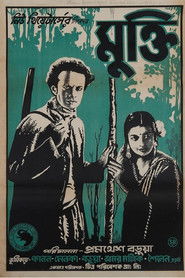 This classic adultery story tells of...
This classic adultery story tells of...Mukti 1937
This classic adultery story tells of an artist, Prasanta (Barua) presented in the stereotypically romantic image: dedicated to his vocation, paying no heed to his scandalous reputation (he paints nude models) and with a cavalier attitude to his conservative father-in-law's (Choudhury) demands for a good social behavior.
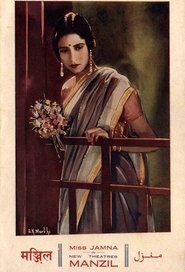 The poor but educated Mahim and...
The poor but educated Mahim and...Grihadaha 1936
The poor but educated Mahim and his childhood friend, the rich but conservative Suresh, both fall in love with the same woman, the liberated Achala. Mahim marries her and they move to a village but she cannot forget Suresh. Her smoldering unhappiness takes the form of resentment towards the orphaned Mrinal, raised by Mahim's father, and receives a dramatic visual embodiment when their house burns down. Mahim falls ill, is rescued by Suresh, and nursed back to health by Achala. On a train (a metaphor for the irreversibly linear course of life) to a health resort where Mahim is supposed to convalesce, Suresh on a rainswept night gives in to temptation and elopes with Achala. At the end of the film, there is a dubious reconciliation as Achala is shown following Mahim's 'good' traditionalism with Sharatchandra's barely concealed hostility towards Achala's liberated Brahmo Samaj upbringing.
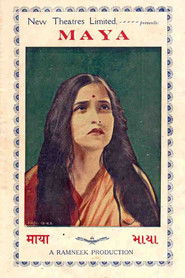 Maya Jamuna is the poor cousin...
Maya Jamuna is the poor cousin...Maya 1936
Maya (Jamuna) is the poor cousin of rich socialite Shanta (Azoorie). Shanta is supposed to marry the equally rich Pratap (P. Sanyal), but he falls in love with Maya and fathers her child before going abroad. Shanta causes a seperation by intercepting Pratap's letters to Maya. When he returns, a successful lawyer, he us unable to trace her, while her efforts to meet him are foiled.
 Devdas the son of a zamindar...
Devdas the son of a zamindar...Devdas 1935
Devdas, the son of a zamindar, and Parvati, his neighbour's daughter, are childhood sweethearts. However, class and caste differences prevent their marriage. Devdas is sent off to Calcutta, while Paro is married off to an aged rich widower. In Calcutta, as remorse drives him to alcohol, Devdas meets Chandramukhi, a prostitute. All Indian prints of this Bengali version were destroyed in a fire that ravaged New Theatre’s studios. Today, only one copy of the film survives which belongs to the Bangladesh Film Archives. Of that copy almost forty percent is destroyed.
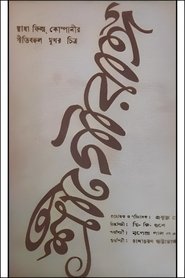 Sree Gouranga is a 1933 Indian Bengali...
Sree Gouranga is a 1933 Indian Bengali...Shree Gouranga 1933
Sree Gouranga is a 1933 Indian Bengali biographical film that chronicles the life of the revered spiritual leader, Sri Chaitanya Mahaprabhu, also known as Gauranga. The film delves into the early life of Mahaprabhu, born Nimai in Mayapur in 1486, highlighting his mischievous childhood and subsequent intellectual brilliance. Despite family pressure to marry, Mahaprabhu prioritizes his spiritual journey and eventually leaves his home to become an ascetic. The film portrays his deep devotion to Lord Krishna and his eventual return to visit his mother, where he instructs his wife to worship the same deity. The film is a historical and devotional portrayal of the saint's life.

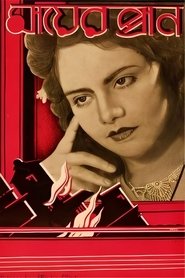 A 1941 Bengali Drama Film directed by...
A 1941 Bengali Drama Film directed by...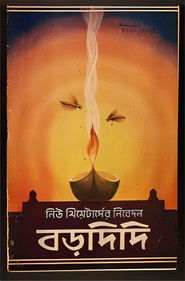 Suren prevented by his family from...
Suren prevented by his family from...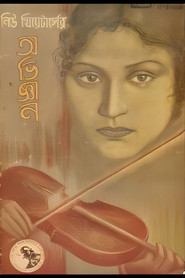 A wife rejected by her inlaws...
A wife rejected by her inlaws...